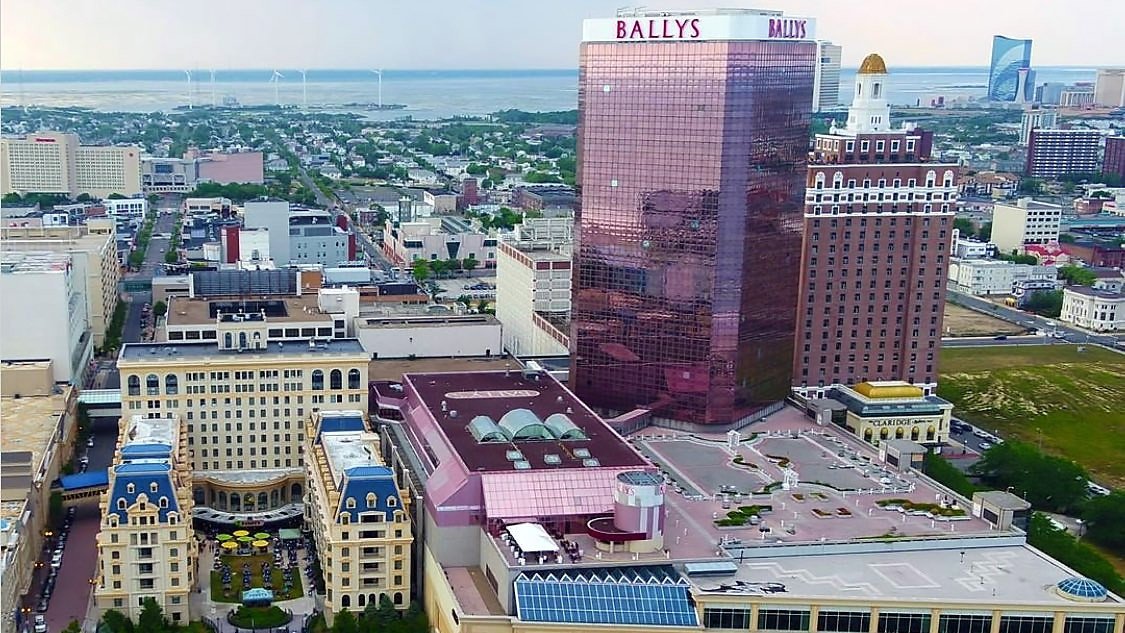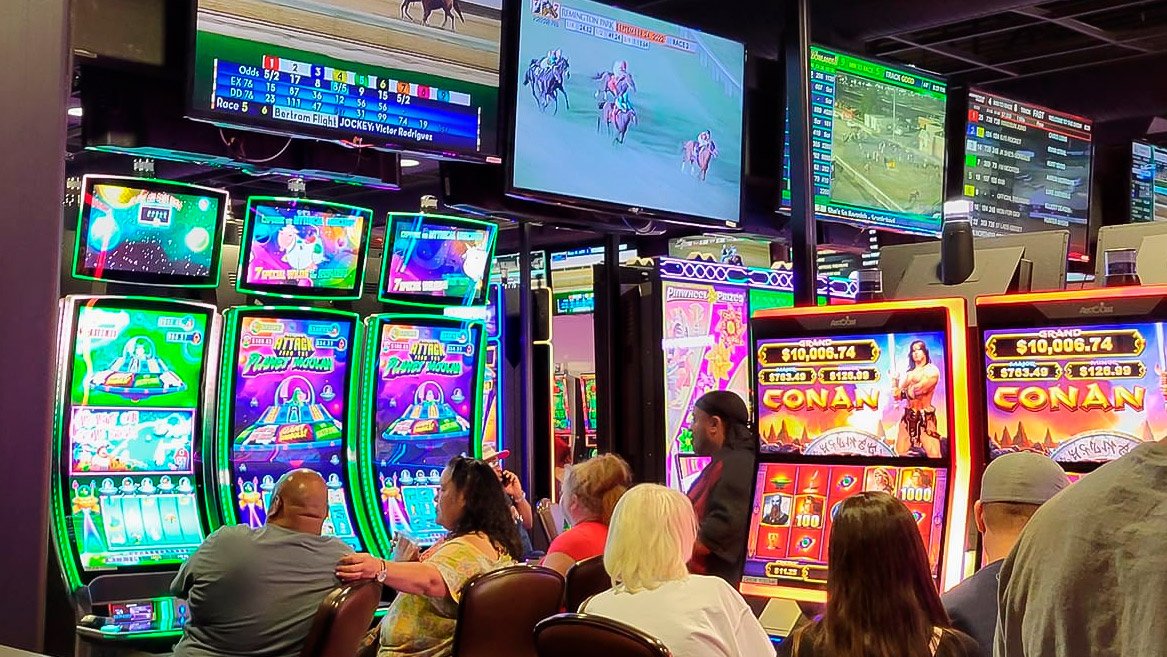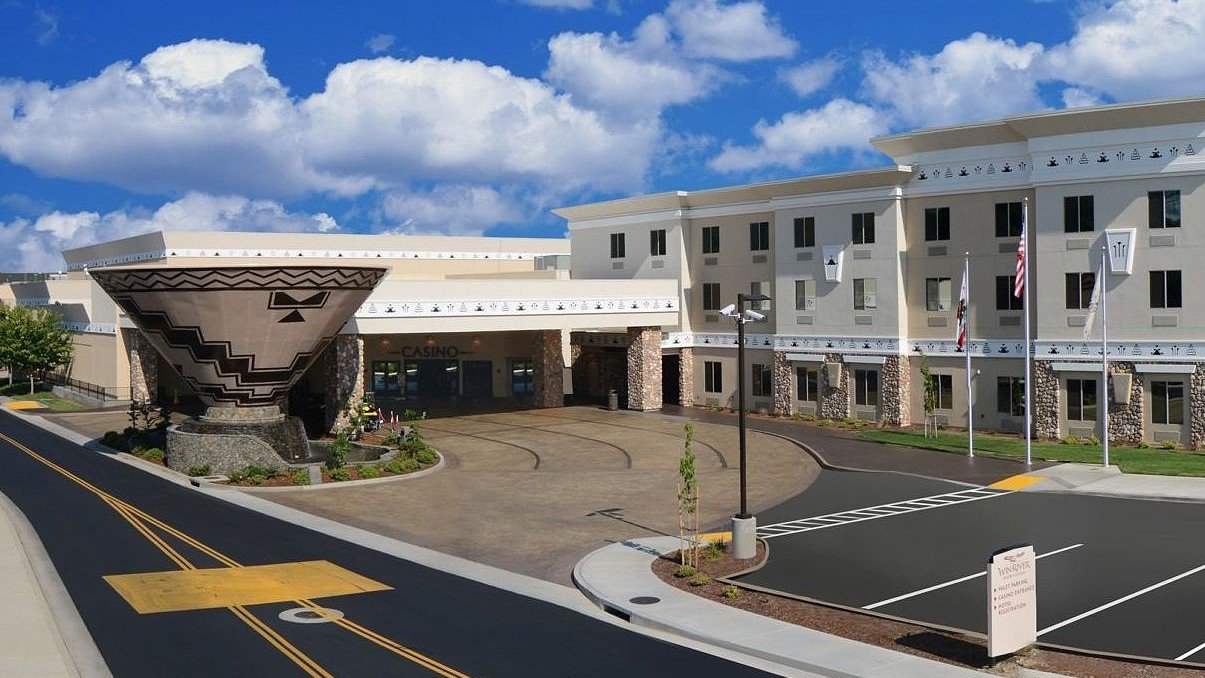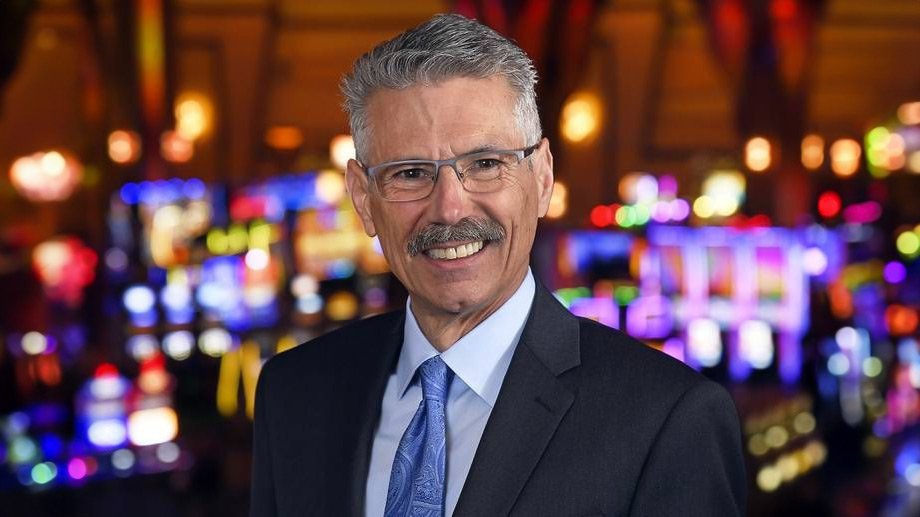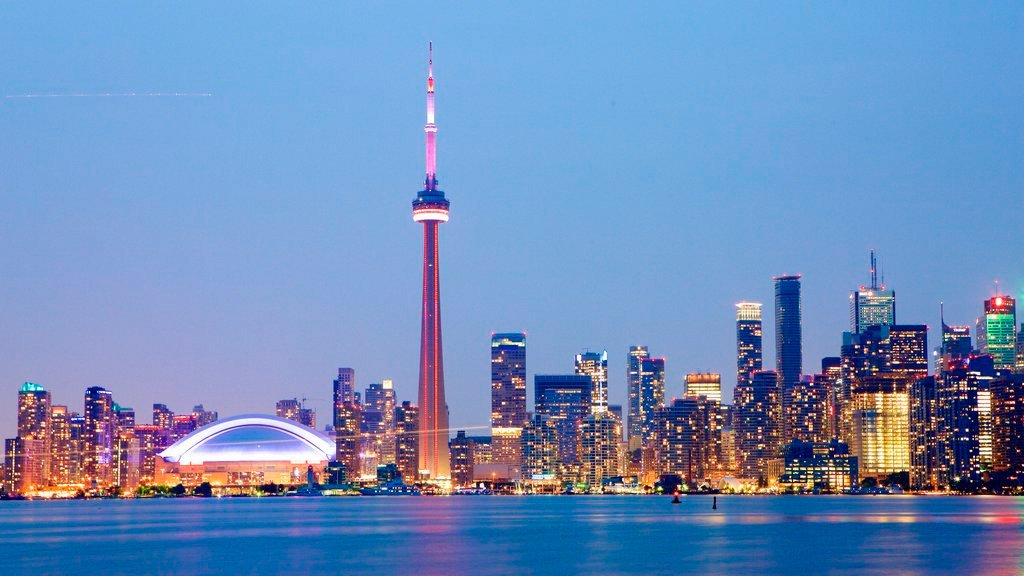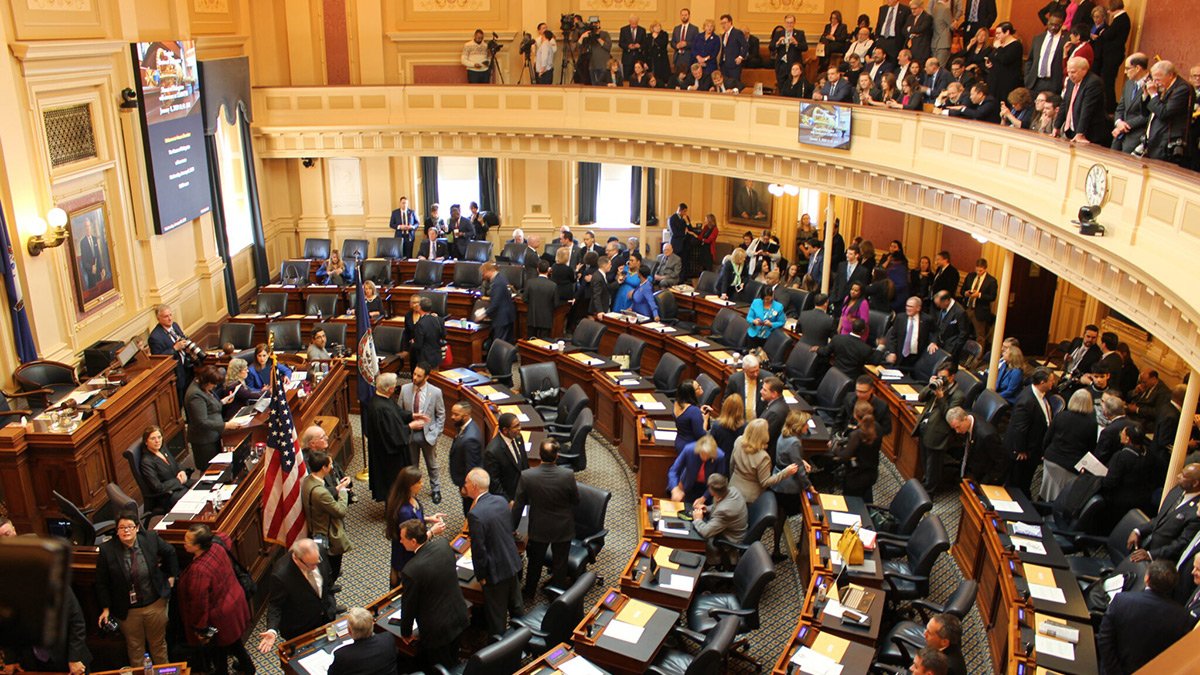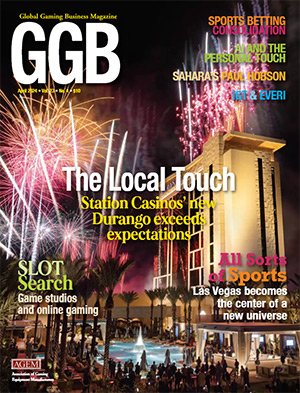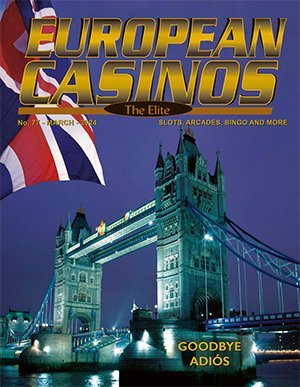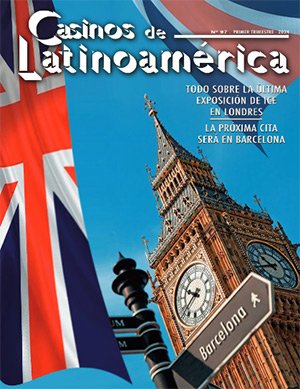Iowa to consider casino expansion

The outcome of those talks will have ramifications across the state, in the 17 licensed casinos, in the five communities that hope to open new casinos and in the minds of Iowans on both sides of the debate over gambling expansion. "We’re never going to make everybody happy," said Kate Cutler of Council Bluffs, the commission’s chairwoman.
The most recent expansion was three years ago when the commission approved applications from Emmetsburg, Riverside, Waterloo and Worth County. Since then, managers of existing casinos have warned that the market is oversaturated, while the unsuccessful applicants from before have clamored for further expansion.
"It’s not the most pleasant thing you go through," said Mike Mahaffey of Montezuma, who served on the commission from 1999 to 2005. It was particularly difficult for Mahaffey because he was the commission’s lone voice against expansion during the last round.
The result this time may be no licenses, or a resolution for further study, or a decision to set up an application process for new licenses. Groups in at least five communities are interested in obtaining a license. They are located in Fort Dodge, Ottumwa, Tama, Newton and Franklin County.
Three of the locations - Fort Dodge, Ottumwa and Franklin County - had unsuccessful applications in the last round. Of the two other communities, Tama is a unique case because the area already has an established tribal casino, Meskwaki Bingo Casino Hotel.
The first riverboat casinos opened in 1991 in two economically depressed cities, Dubuque and Clinton. Other casinos followed along the Mississippi and Missouri rivers. The Legislature further opened the door in 1994 when it legalized casino gambling at racetracks. There are now racetrack casinos in Council Bluffs, Dubuque and Altoona. By 2000 the door was wide open.
The casino in Osceola was built on a man-made lake, the first one that wasn’t connected to a racetrack or a river. The Legislature allowed the casino in response to southern Iowa leaders who said their region desperately needed an economic boost. The most recent casino, the 17th in the state, was the Isle Casino & Hotel in Waterloo, which began operation last June. In addition to the state-licensed facilities, there are three run by Native American tribes, for a statewide total of 20. The tribal casinos are in Tama, Onawa and Sloan.
With just about every gambling expansion, existing casinos have warned that the market is being diluted. The concerns were particularly high after the last round of licenses because the Riverside casino is larger and has more amenities than the nearby casinos along the Mississippi. Any new licenses would compound the concerns of existing license holders.
Creighton University economist Ernie Goss said he thinks the Iowa market is clearly oversaturated. He is a national expert on casino gambling and has done consulting for casino management companies. Goss said Iowa regulators need to realize how the market has changed since the first casino opened in 1991. Back then, Iowa was one of the first states to issue casino licenses and most customers came from other states.
Casinos were a bonanza for local economies and for the state government, which gets a 22 percent cut of adjusted gross gambling revenue. The big difference today, he said, is that casinos are almost everywhere. Casino management companies have options all over the country and many gamblers no longer need to drive to Iowa for a product that’s available in their home state. Kansas, for example, is one of several states that have recently legalized casino gambling.
The only rationale he can see for more licenses is a desire by government officials to increase tax revenue without raising taxes. The state took in us$ 265 million in gambling taxes in the 2006-07 fiscal year, an increase of about us$ 37 million from the previous year. Casinos also pay taxes to local governments.
Governor Chet Culver, a Democrat, has said ever since he was campaigning two years ago that Ottumwa and Fort Dodge should be the first cities to get licenses if new licenses are approved. That decision is in the hands of the Racing and Gaming Commission, but commission members are appointed by the governor and must be confirmed by the Senate.
Culver’s office takes great pains to say the governor doesn’t support or oppose the idea of new licenses. He has said he trusts the commission to determine whether new casinos would be viable. Mahaffey, the former commission member and a Republican, said politics are inevitably part of the discussion. The commission has three Democrats, one Republican and one independent. Many of the most aggressive opponents of new licenses are Republicans.
Cutler, a Democrat, said the commission’s most important task is to make sure that existing casinos remain viable and that any potential new licensees have sound business plans. She said the commission will act in the best interests of the state, and if the governor or legislators don’t like the results, they have the power to appoint different commissioners. "We know we can be replaced," she said.


